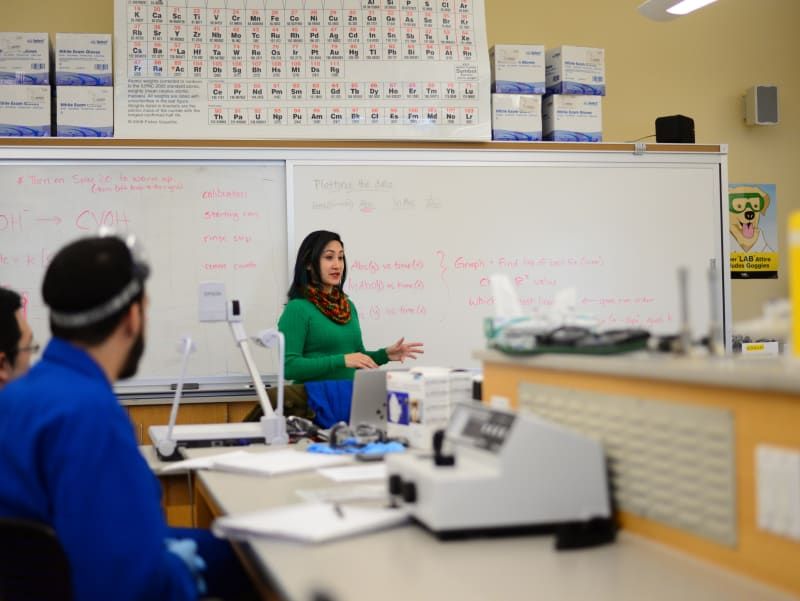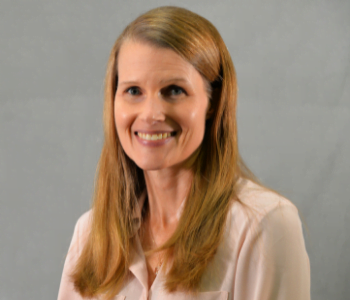- Home
- Academics
- School of Arts and Sciences
- Biological Science
- Integrative Biology
Integrative Biology

Integrative Biology incorporates multiple disciplines and perspectives to explore complex biological systems. If you are interested in whole organisms – plants, animals, microbes, etc. – and the genetic, cellular, physiological, ecological, and evolutionary processes that shape their lives, then consider the Integrative Biology concentration of the B.S. in Biological Sciences degree.
Why study Integrative Biology at Coastal Georgia?
The Integrative Biology concentration provides a broad foundation that spans the biological hierarchy, from molecules to ecosystems. Whereas other degree concentrations specialize in a particular area, Integrative Biology gives you more room to customize your own program of study to fit your interests and post-graduate plans, while ensuring that you develop the knowledge, understanding, and skills of a well-rounded modern biologist.
All Biological Sciences majors practice scientific reasoning and investigative methods in the classroom, laboratory, and field. You will also have opportunities for experiential learning, including undergraduate research, internships, and service-learning with community partners. Students present their work at the Coastal Science Symposium, Service-Learning Symposium, the Symposium on Undergraduate Research and Creative Expression, and regional/national conferences.
What will I learn?
The Integrative Biology curriculum emphasizes overarching core concepts of biology such as structure and function, information and energy flow, and evolution. Depending on your interests and career plants, you can choose among electives in the areas of Cellular and Molecular Biology, Organismal Biology, Biodiversity, and Ecology and Evolution. You will learn how to think and work as biologists in the lab and field, conduct research, and communicate your results. You will also have opportunities to apply and extend your knowledge and skills through service-learning, internships, and biological research – these forms of experiential learning are critical for your scientific and professional development (i.e., they will help you get a job or funding for graduate school)!
What can I do when I graduate?
A degree in Biological Sciences – Integrative Biology prepares students for a wide range of employment and graduate school pathways. Graduates may enter the workforce as lab or research technicians, veterinary assistants, medical technologists, genetic counselors, forensic scientists, wildlife biologists, zoologists, teachers, or a variety of other jobs that require broad training in biology. Or, you may choose to pursue a graduate degree in the biological sciences, health sciences, public health, biotechnology, education, law, or other disciplines.

-
Dr. Holly Nance
 Associate Professor of Biology
Associate Professor of BiologyDr. Holly Nance earned her PhD in Biological Sciences from Clemson University, focusing on population genetics and the application of these data for conservation management. Since teaching at Coastal for the past five years, she continue to mentor undergraduate students applying molecular tools to study epigenetics, eDNA, and seafood mislabeling. She encourages her research students to develop their own questions and projects related to conservation genetics. More recently, Nance mentored students in a bioinformatics course as part of the SEA PHAGES (Science Education Alliance-Phage Hunters Advancing Genomics and Evolutionary Science) Program. In this course, students annotate the genome of a novel bacteriophage discovered by Coastal students, determining the position and function of purported genes. Nance also teaches Cell and Molecular Biology, Genetics and introductory biology courses. Her goal is to help students learn practical skills they can apply in any molecular biology lab, and gain experience with genomic and proteomic software and databases.